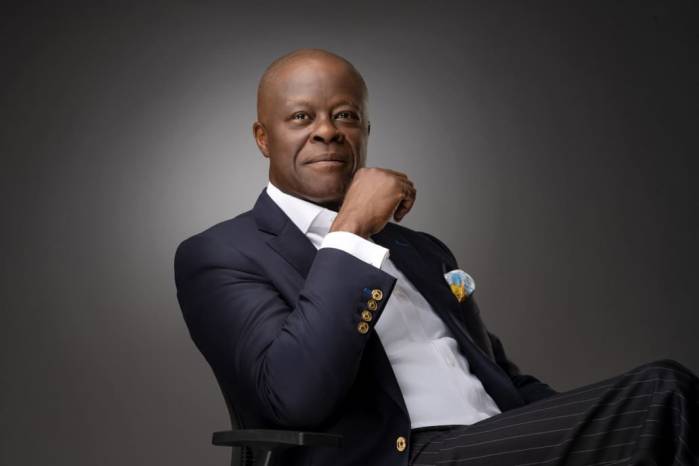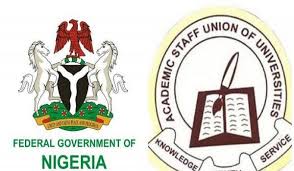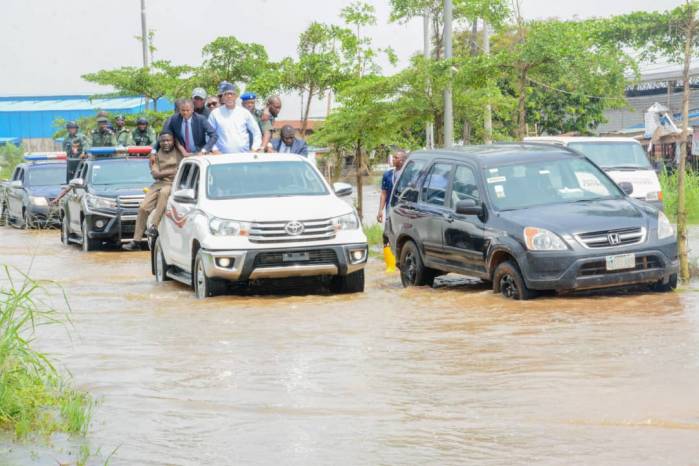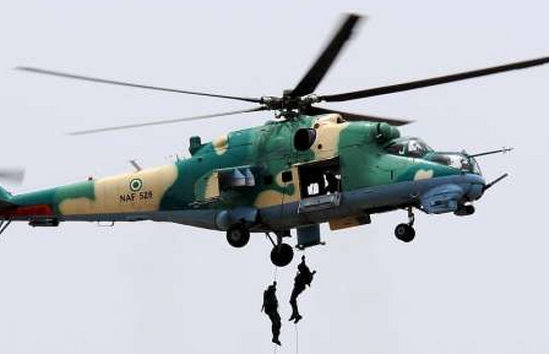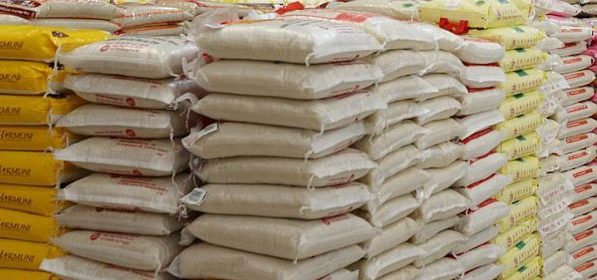The Federal Executive Council, during its recent meeting, granted approval for a $3.45 billion loan to fund a variety of projects. These encompass initiatives in the power sector, renewable energy, state resource mobilization programs, an adolescent girls’ learning and empowerment endeavor, and a women’s empowerment project.
The Minister of Finance and Coordinating Minister of the Economy, Wale Edun, shared that this loan, which comes from the World Bank, is interest-free and payable over 40 years with a 10-year moratorium. Payment commitments are expected to commence in 2033.
Edun elaborated, “I presented five memos to the Federal Executive Council, all of which were gracefully endorsed. They revolve around concessional and, in many cases, zero-interest financing provided by the World Bank and the International Development Association, a highly concessional financing arm.”
He delineated the projects approved for funding, citing investments in the power and renewable energy sectors, financial support for state resource mobilization efforts, and programs aimed at empowering adolescent girls and women.
READ ALSO: Exciting Event: Governors and Dignitaries Set to Attend “Fajuyi” Play in Lagos on Nov. 5
The adolescent girls’ initiative, with a budget of $700 million, will help young girls in secondary school develop marketable skills alongside their academic achievements.
Furthermore, the Minister of Education, Dr. Tahir Mamman, highlighted the expansion of the girls’ program from seven to eleven participating states, emphasizing its role in empowering girls between the ages of 10 and 20.
These endeavors align with the government’s commitment to reducing the number of out-of-school girls and children, according to Dr. Mamman.
Additionally, the Federal Executive Council authorized the establishment of the Humanitarian and Poverty Alleviation Fund, aimed at generating $5 billion annually to address emergency responses to humanitarian crises. The Minister of Humanitarian Affairs and Poverty Alleviation, Dr. Betta Edu, disclosed that the fund would draw contributions from the government, development partners, private sectors, and individuals, among other sources.
